Okay, okay, let’s not make a big deal out of this or anything.
So yes, Plato believed that democratic government would inevitably lead to chaos and anarchy. Sure, he predicted that our elected leaders would lie to us and attempt to placate us. And yes, Plato concluded that the only logical outcome from democracy was a state of tyranny where our lawmakers would undermine the needs of the people for the sake of maintaining power.
But I mean, come on. It’s not like any of that is happening now, right? Right? Hello? Anybody?
I might have given away the ending a bit there, put my cards on the table prematurely, so to speak.
However, since we are talking about uncovering whether or not you live in a tyrannical government, it is probably best not to tip toe around the issue.
That’s right! Today we are talking ancient, political philosophy. Specifically, we are discussing some of the political ideas of Plato, which can be found within his magnum opus, The Republic.
I, for one, love political philosophy. Political philosophy is what has allowed our society to progress over thousands of years to our current status. Without it we would still be living in the wild, killing each other with pointy sticks. Fortunately, we have progressed significantly and have learned that missiles are much more effective.
Cue the rimshot. Badum tss!
That last part was a joke, one that I will undoubtedly receive some emails over.
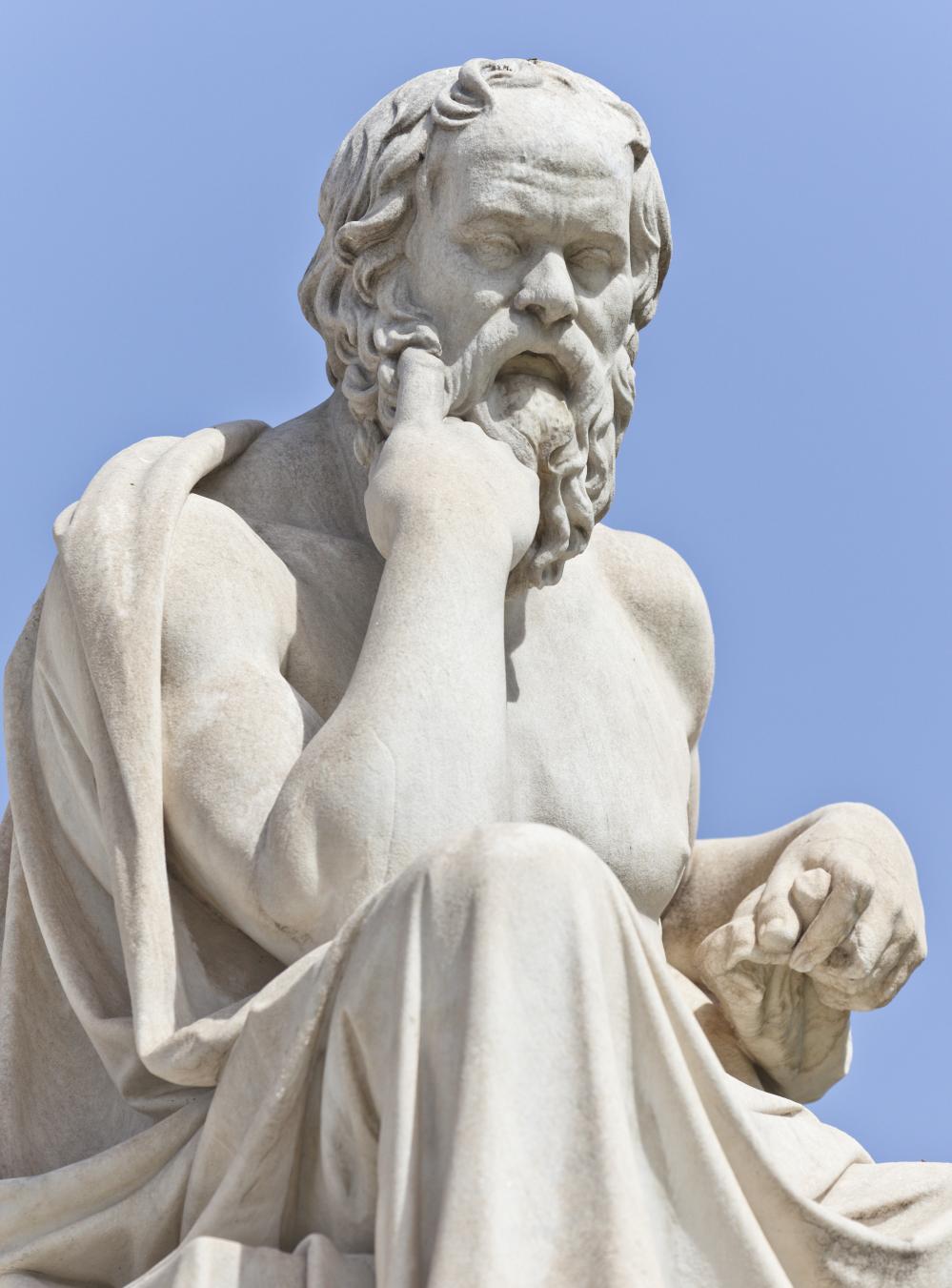 Anyway, we were talking about Book VIII of Plato’s The Republic. It is in this chapter that Socrates, as well as a slew of his philosophical buddies, discuss the various forms of government as well as their strengths and weaknesses.
Anyway, we were talking about Book VIII of Plato’s The Republic. It is in this chapter that Socrates, as well as a slew of his philosophical buddies, discuss the various forms of government as well as their strengths and weaknesses.They start with what is known as “timocracy”. A system of government that stresses the importance of honor and military strength, timocracy was effectively used by the Spartan civilization for centuries.
Next is an oligarchy. Socrates claims that the aim and pleasure of those in an oligarchy is to acquire as much wealth as possible. Within this system of government, the lawmakers are often the richest and most affluent citizens.
Socrates tells us that there is constantly trouble in an oligarchy. The wisest and most honorable citizens might never become lawmakers simply because they are not rich enough. Also, the vast disparity between the rich and the poor will lead to tensions, mistrust, and eventual uprisings.
Oligarchies never last. The hatred that the poor have for the rich will culminate in a revolution and the oligarchical system will be washed away. It will be replaced with, you guessed it, a democracy.
“And then democracy comes into being after the poor have conquered their opponents, slaughtering some and banishing some, while to the remainder they give an equal share of freedom and power” –Socrates (Plato’s Republic)
While the currency of interest within an oligarchy was wealth, the principle concern of those in a democracy is freedom.
An abundance of freedom leads to an abundance of diversity. For when a man or woman is given control over his or her life, he or she will surely think and act differently than anybody else. This sort of diversity is only possible within a democracy.
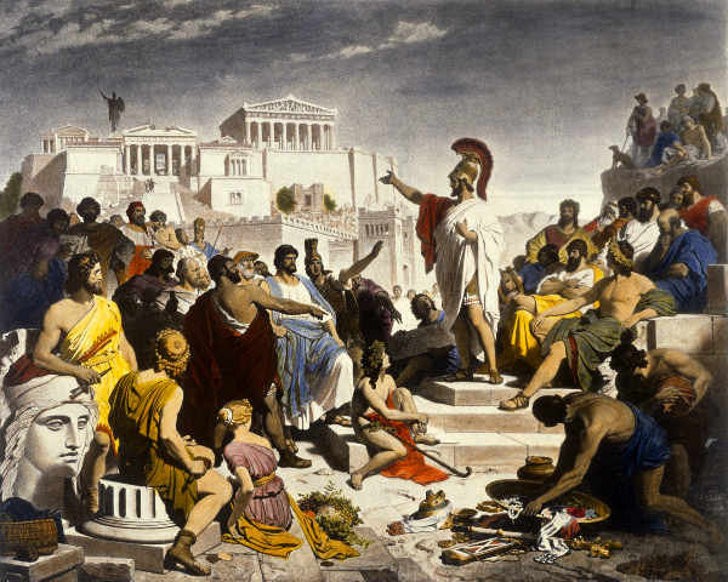
Socrates, at first, comments on how a democracy might just be the ideal state. Socrates describes it as “a charming sort of government, full of variety and disorder, and dispensing a sort of equality to the equal and unequal alike.”
Yeah, that sounds about right.
Socrates comments that a democracy is uniquely beautiful. It is like a cloak constructed from innumerable different pieces of cloth, all distinctly beautiful and diverse.
“This, then, seems likely to be the fairest of States, being like an embroidered robe which is spangled with every sort of flower.” –Socrates (Plato’s Republic)
That all seems rather nice. Don’t you think? Sure, Democracy isn’t perfect, but the imperfections make it perfect. It would seem like we have finally found our ideal state. I suppose we can all go live our lives happily; confident in the knowledge that we are living in the best possible version of society.
“And so tyranny naturally arises out of democracy, and the most aggravated form of tyranny and slavery out of the most extreme form of liberty” –Socrates (Plato’s Republic)
Wait… what?!
I thought we were living in an imperfectly perfect state? What happened to the beautiful cloak spangled with all manner of flowers?
‘Well, I hate to break it to you’, Socrates seems to be telling us, ‘but your abundance of liberty is actually an excess of liberty. And whenever something is demanded in excess, the inevitable outcome is a deficiency of that very thing.’
Socrates, who is often considered to be a mouthpiece for Plato, argues that once granted freedom in a democracy, we have the tendency to become drunk off of it as if it were a sweet wine. We become so obsessed with our liberty that we cringe at any institution that would try to limit even the smallest of our freedoms. We chafe at the smallest touch of authority.
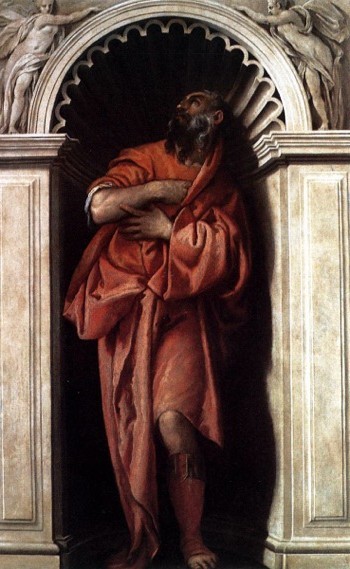 The result of this is unrest. Citizens fight against lawmakers who might limit their freedoms. The younger generations disrespect and mistreat the older generations. Even the animals become obsessed with freedom and might attack any man who attempts to pen them.
The result of this is unrest. Citizens fight against lawmakers who might limit their freedoms. The younger generations disrespect and mistreat the older generations. Even the animals become obsessed with freedom and might attack any man who attempts to pen them.Basically…
“…all things are just ready to busrt with liberty.” –Scorates (Plato’s Republic)
So how does our democracy, our spangled cloak of flowers, turn into a tyranny?
‘I’m glad you asked’, Socrates seems to be telling us once again, ‘Because it’s really your own damned fault.’
Within a democracy, a leader need not be wise, honorable, or even intelligent. He need only be popular.
The early democratic leaders will attempt to stay popular amongst the average citizen. They will wage a war on the wealthy and seize their land and moneys through the guise of taxes and redistribute this wealth to the masses in order to maintain their favor.
It is also common within a democracy that one individual will be championed as a hero and protector. He will be nursed into greatness by the people and will be elected to the highest office.
This leader will do away with those who might appear to be an enemy of liberty either by execution or banishment. He will be seen as a liberator, as a man who is truly of the people.
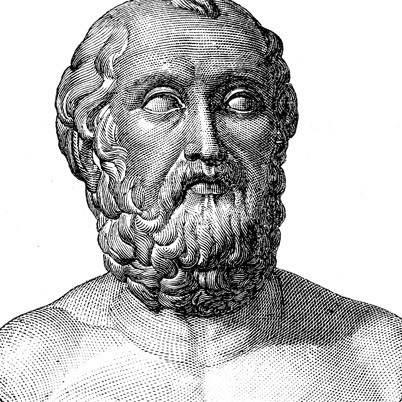 He will, however, grow unpopular, as all leaders do. The leader must find a way to maintain his power and protect himself from the unrest of the citizens.
He will, however, grow unpopular, as all leaders do. The leader must find a way to maintain his power and protect himself from the unrest of the citizens.His plan is two fold. He will tax the citizens excessively so that they shall have no option but to constantly work and struggle to maintain their possessions and their property.
The leader will constantly be getting involved in wars with foreign states and creating enemies out of neighbors. Any citizen who criticizes the leader will be labeled as an unpatriotic enemy sympathizer.
It is at this time that the leader is truly a tyrant. He wields his power in order to maintain his position and neglects the needs of the people. Finally we see that our democratic state has lead to tyranny. Our desire for liberty has wrought only slavery.
Now, you don’t have to believe any of this. Perhaps it is all nonsense and Plato is a madman. Thomas Jefferson seemed to think so.
“While wading thro’ the whimsies, the puerilities, and unintelligible jargon of this work (The Republic), I laid it down often to ask myself how it could have been that the world should have so long consented to give reputation to such nonsense as this?” –Thomas Jefferson ( Letter To John Adams Monticello, July 5, 1814)
It would seem that T.J. didn’t think much of Plato or his construction of an “ideal republic”. Perhaps you don’t either.

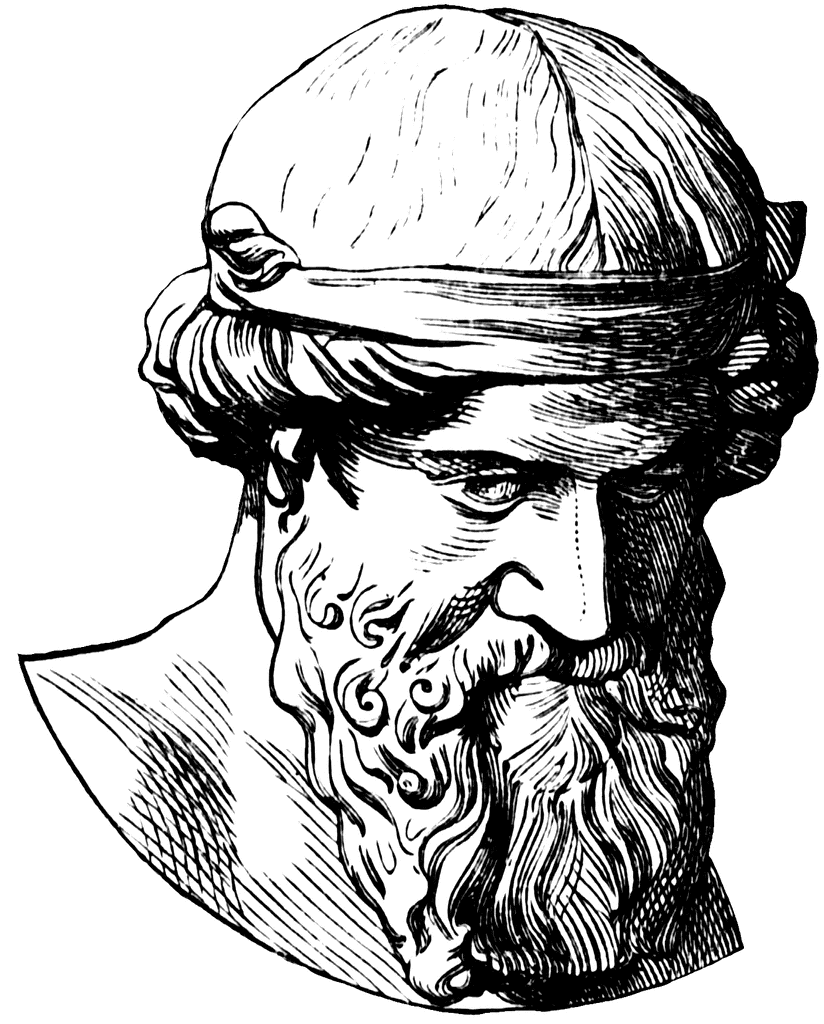








2 comments
You can definitely see your enthusiasm within the work you write. The sector hopes for even more passionate writers like you who aren’t afraid to say how they believe. Always go after your heart.
You completed various good points there. I did a search on the matter and found a good number of persons will have the same opinion with your blog.
Our apologies, you must be logged in to post a comment.